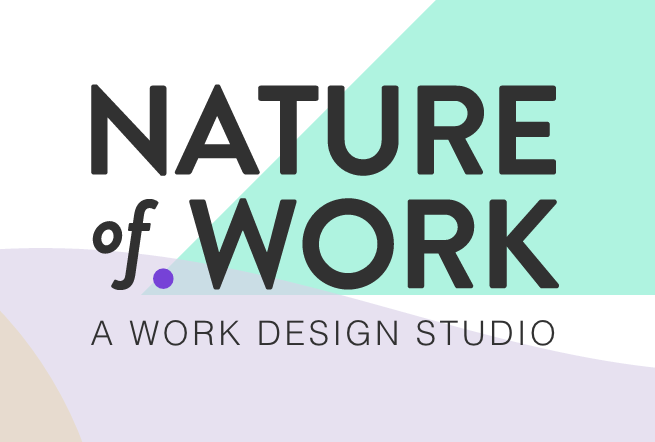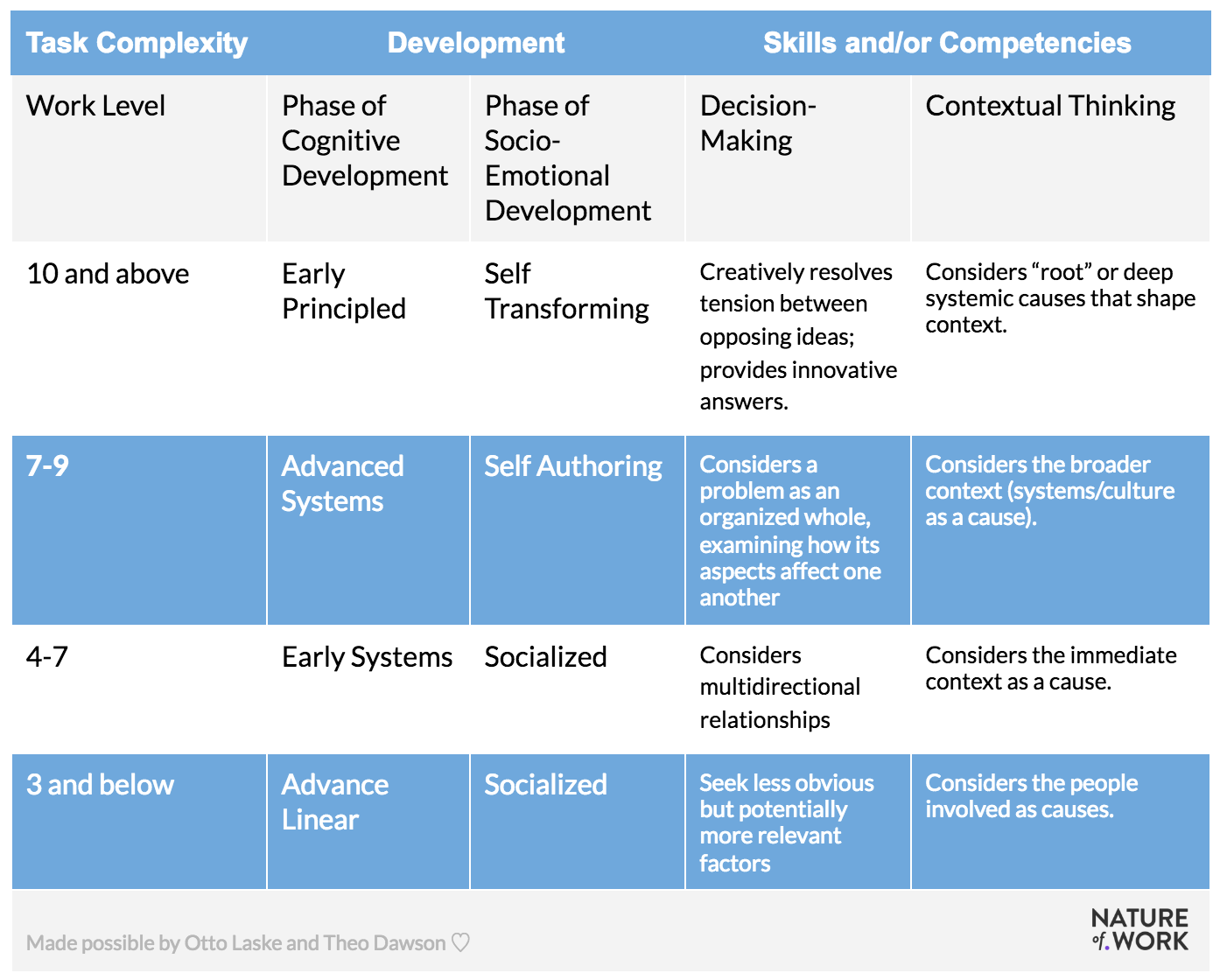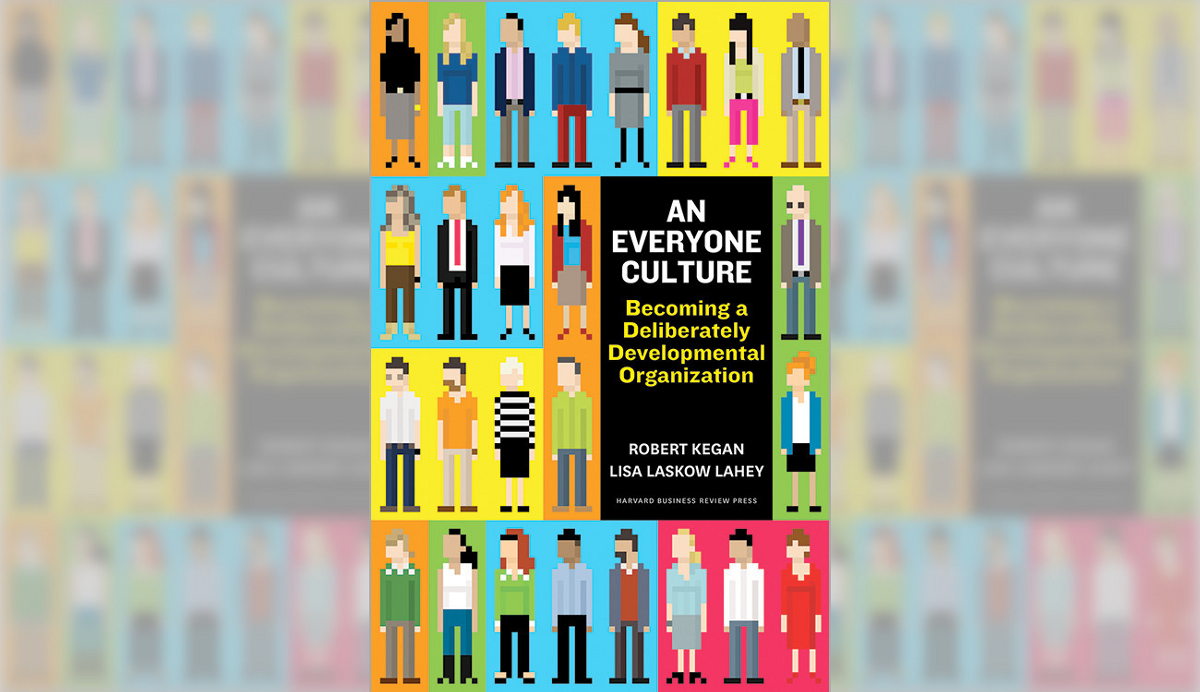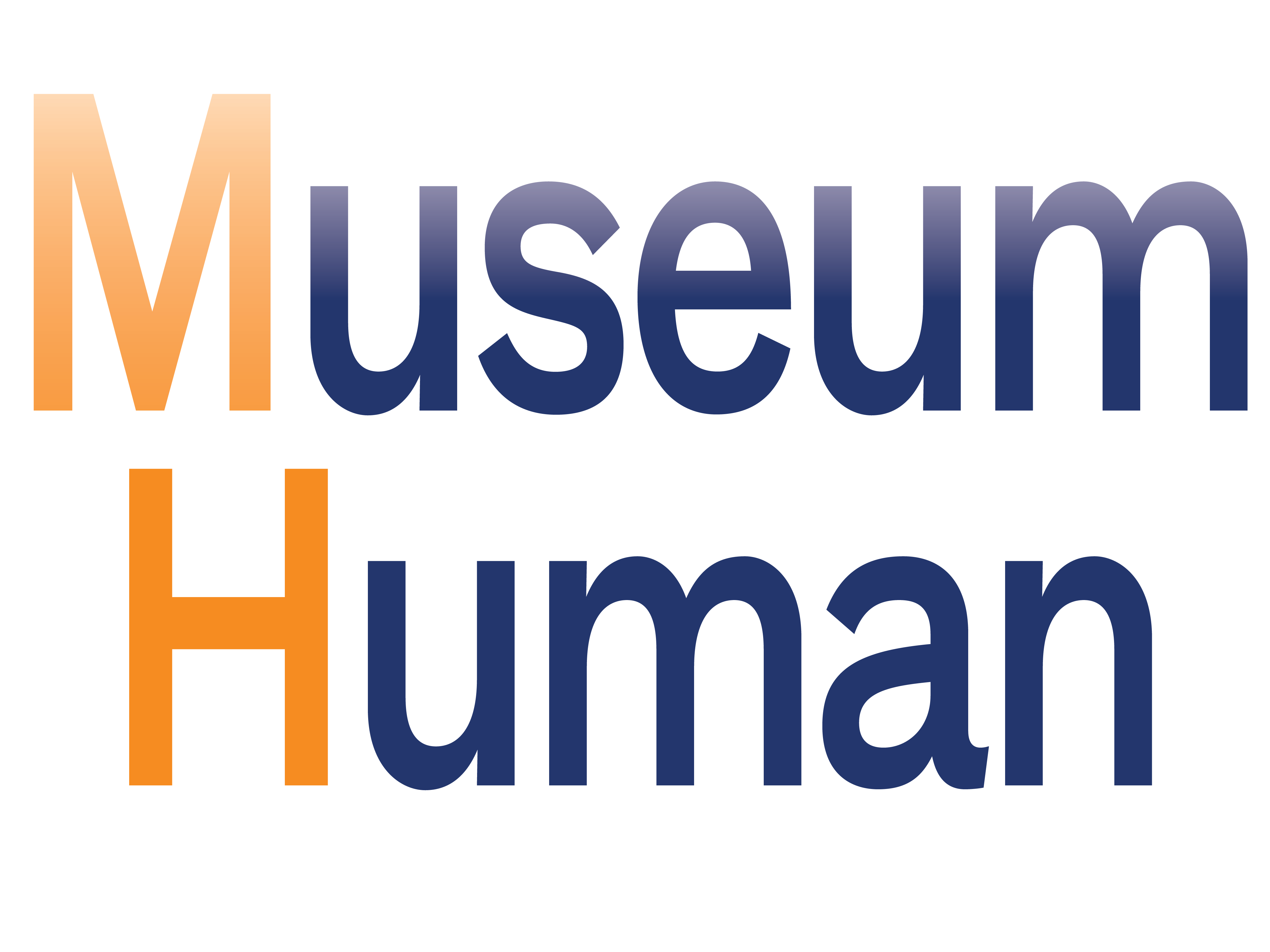
Cultural organizations and organizational culture don't always play nice together. Future-leaning tech companies always seem on the cutting edge of enlightened workplaces and progressive institutional practices. But non-profits, especially in the cultural sector, are most decidedly not tech companies. So what do museums do to combat the ping-pong tables of high-tech corporations while also serving (and growing) diverse audiences, maintaining their sense of mission, and also increasing revenue? (Oh, that's all? )
Well, it's not all ping-pong tables all the way down, and few people know that better than Dara Blumenthal, co-founder of The Nature of Work. She and Nathan Snyder, who worked together at the now-shuttered org-culture consultancy Undercurrent, aren't just diagnosing process problems in today's workplaces. They've set their sights higher, at the very way in which people are viewed—and view themselves—at work and in society. (Check out my posts about new work methods in a museum setting here and here.) If you know about Design Thinking, you might recognize in Dara's ideas something of a psychological-research-based version of DT.
The interesting thing about these sorts [non-profit, cultural] of institutions is that as institutions, it is their purpose and strategy that determines how they organize and operate and not the other way around.
It won't be easy: the curatorial mindset is often at odds with progressive workplace practices and suspicious of buzzwords, and museum staff have had consultants and reorganizations up to here. But Dara brings a Ph.D. in sociology to the table; this isn't just wikipedia-and-chill consultancy here. The Nature of Work's ideas just might be different enough to really make a difference.

[This is a heavily cleaned-up version of a conversation we had in late April.]
RJW: Tell me about The Nature of Work. What is your take on organizations?
DB: We’re a group trying to figure out what works in terms of organizational design development. We're working on the idea that the organization primarily exists inside the minds of the people who operate it and happens through the actions and behaviors of those people coming together.
RJW: What is the difference between "organization design" and "organization development"?
DB: Organization design thinks about how organizations are ‘structured’ to get work done. Traditionally, this has been hierarchal. Organization development is about the people who are in and of the organization. But what's important is that they are entirely reliant on each other to function. How one person, or one team makes-sense and makes-meaning of their organization will differ from another, and that difference shows up in how people get their work done.
RJW: So how does The Nature of Work focus on this?
DB: My background is in sociology, identity, critical theory, and cultural studies. Nathan’s is in cognitive psychology and the way people's minds work. We’re both interdisciplinarians, and that’s important. So we're not only talking about new processes but also about people, at all kinds of organizations. All of these processes are just structural, but leaders confuse them for the organization itself. Nature of Work unfolds the organization by matching a team’s developmental capability with the work that needs to get done. That is where we start and in this way, we make strategy personal. Even with all of the study of organizations, there's been very few ideas about how people *are* now, at work.
RJW: So you're saying that we’ve lost sight of the *people* in the organizations when we talk about improving organizations? It seems like you're advocating for a more holistic approach, almost “whole organization studies.”
DB: That's right. Also, we're helping organizations to understand that the networked world today has a higher order of complexity than the workplaces of the past. Organizations now need to be more like living systems. And humans too need to be understood as living systems — not static parts you can control or predict with software. Working today requires more thinking, feeling, and relating. So we should be hiring people not just for their skills, education, experience, but how they use their judgment to actually get their work done with others.
RJW: What do organizations need to do, then?
DB: Organizations need to consider adult human development. There's long been this idea that we stop developing when we stop growing biologically, but in fact newer research has emphasized that our socio-emotional and cognitive development is lifelong. Now we have 100 years of data (on adult development). Using (Robert) Kegan’s framework (as described in the new book from him and Lisa Laskow Lahey, An Everyone Culture, we can locate there different levels of development in the workplace and since adult development hasn’t been taken seriously, for the most part we’re a level behind where we need to be to solve the sort of problems that are now coming our way. For example, generally leaders are at level 2 (see chart below) when they need to have the cognition and socio-emotional development of level 3, and so on. Most people can’t even have "real" authentic conversations at work, let alone bring their whole self to the problem-solving at hand. This is a huge problem on our networked world.
You can see your level of development here:

RJW: Are there elements of new workplace styles, such as Holacracy, more appealing to new workers?
DB: Smaller companies do distribute authority and autonomy more equally. This is more attractive to millennials coming into the workforce. But we have to be careful; there's this idea that to act like a tech company or a start-up is what every company should do. And start-ups, as they grow, often lose everything that was disruptive to begin with! They make the same mistakes as the companies they were trying to get away from.
A lot of our obsessions with inefficiency and best practices are short-sighted and won’t by themselves create change. Holacracy is not inherently developmental, and fundamentally, work has to become developmental.
Even with all of the study of organizations, there's been very few ideas about how people are now, at work.
RJW: When did these ideas about work change?
DB: Psychologists started writing about work being seen as more self-reliant and more complex in the '90s. They saw work as part of the “whole self.” You are bringing your whole self to work, even if it’s not welcome! All these ways of imagining your self—they’re all there at work. We are always fully in our work, even if parts of ourselves aren’t expressed, even when we’re subjugating parts of ourselves.
Part of the challenge is that many organizations are strengths-based, and this has to do with Performance Evaluations, how people are incentivized, and motivated—it is all based on an incredibly simplistic notion of the human. That is the human as a cog in a machine. A task master. But today we are much more dynamic than that, our jobs require it of us. So we need to foster growth-based cultures where weakness, mistakes, difficulty are opportunities for growth and change—not seen as liabilities. This isn’t the opposite of a strengths-based culture, it is actually of a higher order, where strengths and weakness come together to support and develop the whole team. I’ve worked in client organizations where you can’t even say the word "problem"—how will they ever get better? How will they ever evolve if this notion isn’t even in their discourse!
The Nature of Work is going to start running workshops and seminars to to help people understand the challenges and problems they encounter in their work from a developmental lens, to help create “ecosystems of practice” and awareness so that the community can develop and function—this is what we need as a society.

RJW: Do non-profits, especially cultural institutions, face particular challenges in developing their organizational culture, especially the human development of their staff?
DB: The interesting thing about these sorts of organizations is that as institutions, it is their purpose and strategy that determines how they organize and operate and not the other way around. It is tradition that rules, so it can be very very difficult to try new things, and to move quickly. Even the smallest change can be experienced as destabilizing to some who have spent their entire careers getting comfortable in these organizations. In some respects, it can be like some sort of blasphemy to some folks within an organization, because the strategy and purpose of the organization gets collapsed or fused with how it functions. Yet, someone may be a total mismatch for their role. This is where the work needs to be done to safely restore the dynamic between strategy and how the strategy operates organizationally, and this is a great place to introduce the idea of the organization design as merely a metaphor for social relations and work processes within organizations. This is moving focus to a smaller scale from what appears as structures, to the doing of behavioral patterns, to how people make sense of and make meaning of the organization.
RJW: Any thoughts in conclusion?
DB: A lot of people are doing organization design, and the work is interesting and compelling, but as a society we need to update our conception of what it means to be a human, at work, when we think about our work. I'm hopeful about where that is going—with mindfulness and empathy on the agenda. People are thinking about it, and having a national conversation about the workplace.
Here's a reading list from Dara Blumenthal for those interested in finding out more about organizational culture.
- (Start with The Nature of Work's many pieces on Medium.)
- At Dara's recommendation I'm reading An Everyone Culture now and highly recommend it; an article about the book is here
- Reinventing Organizations by Frederick Laloux.
- Otto Laske (more academic)
- Edgar Schein (here, also Three Levels of Culture)






